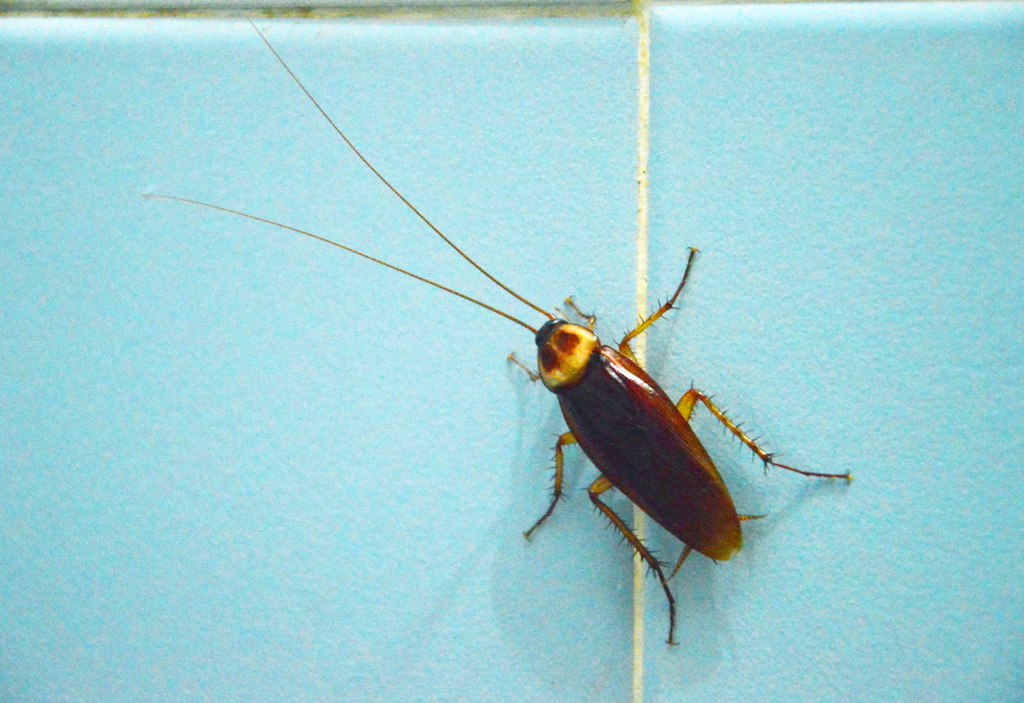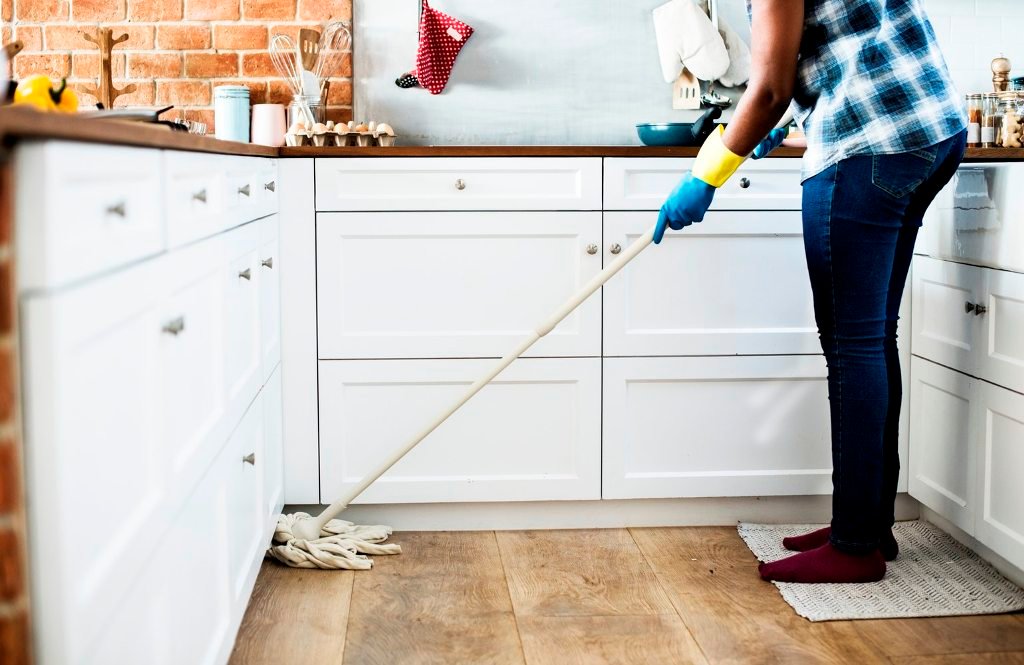The average American eats bugs on a near-daily basis without ever even knowing it.
But just because the FDA has an acceptable level for insect fragments contaminating food doesn’t mean we want to see bugs in the kitchen. Kitchen bugs skittering about on our countertops and in our food can pose serious health risks such as salmonella, dysentery, tuberculosis, cholera, and parasitic worms.
Not to mention it’s just plain gross.
Preventing insects from moving into our kitchen is far easier than dealing with a full-blown infestation. Read on to find out tips on how to keep these creepy-crawly pests away.
Common Kitchen Bugs
Before you can begin to prevent or treat the bugs invading your personal space, you need to know what type of bug they are first. Certain prevention methods work only for a specific type of bug.
Tiny black bugs in kitchen? These could be sugar ants, carpet beetles, or fruit flies.
Tiny brown bugs in kitchen? These could be weevils, grain beetles, or roaches.
Tiny Bugs in Kitchen No More
If your home is plagued by little black bugs in the kitchen, follow these five tips to get rid of them and prevent future occurrences.
1. Think Outside the Box
That standard cardboard container your cereal comes in is easy to chew through. Instead, transfer grains, cereals and such to containers like glass or metal with airtight lids.
2. Herbs Aren’t Just for Witches and Chefs
Herbs like peppermint, basil, and lavender are natural insecticides.
Peppermint repels ants, spiders, mosquitoes, mice and strangely enough, raccoons. Make a spray by adding five drops of peppermint essential oil to water in a spray bottle.
Basil will ward off houseflies and mosquitoes. You can plant it in container pots and place near a window in your kitchen. A repellant spray can also be made by filling a container with 6 ounces of basil leaves and adding 4 ounces of boiling water. After the leaves have steeped for several hours, remove them and squeeze excess moisture from the leaves into the mixture. Finally, add 4 ounces of vodka.
Lavender will keep fleas, flies and other various bugs away. You can put a vase filled with lavender around the house and bugs will stay outside where they belong.
3. Sanitize All the Things
Cleaning isn’t fun, but those dirty dishes in the sink attract all sorts of bugs. Likewise, leftover bits of food inside the garbage disposal tends to lure in fruit flies.
4. Get Clever and Trap
Sometimes a trapping method can help warn of an early infestation. If you suspect you might have bugs originating from where in the house, try hanging flytraps or using a roach motel.
5. Chemical Warfare on a Smaller Scale
Sometimes, preventative measures like pesticides are your best bet to ward off kitchen bugs. For example, if ants are a problem in your area, hire a professional who knows how to get rid of ants. They will spray around the perimeter of your home to create a barrier against bugs migrating indoors.
Free and Clear of Pests
No one likes coming home to find kitchen bugs crawling all over the place. Follow these tips and your home will be on the fast-track to a bug-free zone.
Be sure to read other articles on the different types of pests that exist and how to get rid of them to always stay prepared.




















